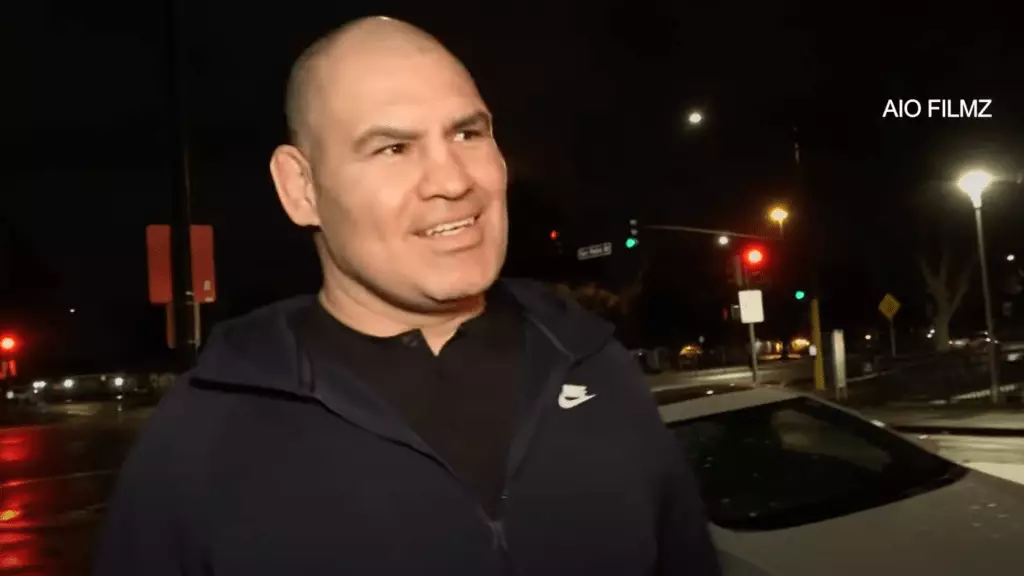Former UFC heavyweight champion Cain Velasquez is making headlines again, but this time for a reason unrelated to his illustrious fighting career. The 42-year-old has decided to step into the managerial role within the newly established Global Fight League (GFL), as announced in a recent press release. This move signifies a significant transition for Velasquez, who has long been associated with the intense demands and physicality of the octagon.
Despite no longer competing in the ring, Velasquez’s impact on the sport remains palpable. He has appointed his longtime trainer, Javier Mendez, to take on the role of head coach for his GFL team. Mendez is renowned in combat sports, having trained elite fighters, including not only Velasquez but also UFC greats such as Khabib Nurmagomedov, Islam Makhachev, and Daniel Cormier. This choice underscores Velasquez’s commitment to maintaining high standards in the development of fighters within the league.
The Global Fight League is poised to introduce a unique structure to the MMA landscape, with plans to commence operations featuring six teams that will compete globally. This innovative format focuses on both male and female fighters, promoting inclusivity in a sport often dominated by male competitors. The expectation is to create an engaging environment culminating in playoffs and a championship event, which should enhance the competitive spirit of the league.
One key aspect being highlighted by the GFL management is their commitment to equitable revenue distribution among fighters and the promotion. Such transparency in financial matters could prove instrumental in attracting talent eager for fair opportunities in an ever-evolving sports market.
However, Velasquez’s shift to this new endeavor is overshadowed by ongoing legal troubles. On the same day as the GFL draft—scheduled for January 24—he is expected in a California courtroom for sentencing on serious charges that include attempted murder and several counts of assault. Velasquez had initially pleaded not guilty to these severe accusations but changed his plea to no contest in August, leaving a question mark over his future and professional pursuits.
The background of these charges stems from an incident where Velasquez allegedly engaged in a high-speed pursuit to confront a man accused of molesting his young son. This complex and distressing situation combines elements of tragedy, anger, and the instinctive protective nature of a parent, complicating public perceptions of Velasquez as he embarks on his new venture.
As Velasquez pivots from fighter to manager, the GFL might find itself navigating both the initial enthusiasm surrounding his involvement and the challenges posed by his troubled legal situation. Nevertheless, this shifting narrative reveals the multifaceted nature of athletes’ lives, where triumphs and tribulations exist side by side. Velasquez’s participation in the GFL can potentially reignite discussions about athlete management, sports ethics, and personal struggles, suggesting that his legacy will endure far beyond the cage—for better or worse.

